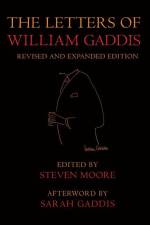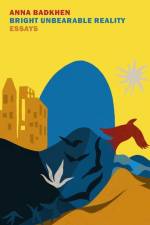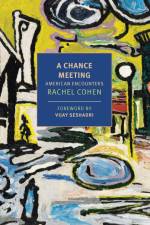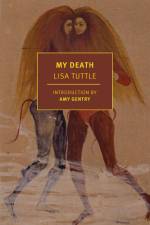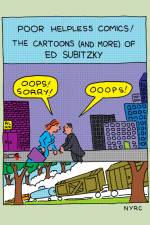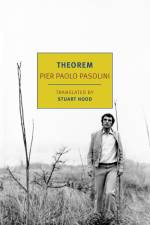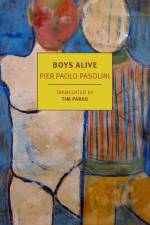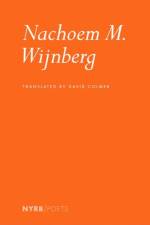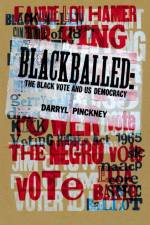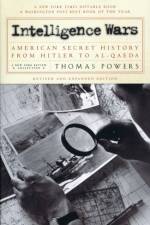av Pier Paolo Pasolini
211
"A daring novel, once widely censored, about the scrappy, harrowing, and inventive lives of Rome's unhoused youth by one of Italy's greatest film directors. Boys Alive, published in 1955, was Pier Paolo Pasolini's first novel and remains his best-known work of fiction. He'd moved to Rome a few years before, after finding himself embroiled in a provincial sex scandal, and the impact of the city on Pasolini-its lively, aggressive dialect, its postwar squalor and violence-was accompanied by a new awareness that for him respectability was no longer an option: "Like it or not, I was tarred with the brush of Rimbaud ... or even Oscar Wilde." Urgently looking for teaching work, walk-on parts in films, literary journalism, anything to achieve independence and security, he was drawn to other outcasts who cared nothing for bourgeois values, who lived intensely, carelessly, refusing to be hampered by scruple and convention. This was the context in which he began to work on a novel, and though socialism was the intellectual and artistic fashion of the day and Pasolini was a socialist, his book was completely free of any sentimental or patronizing concern for the plight of the underprivileged. Pasolini revels in the vitality of the squalor he so lavishly and energetically evokes. In Boys Alive, he devotes his native lyricism and vast literary resources to conjuring up an urban inferno as vast and hideous as it is colourful and dynamic. There is no grand plot, but Pasolini's narrative voice moves like a heat-seeking missile, infallibly locking onto situations of great intensity, conflict and comedy. Possessing nothing, his young characters fight to survive and to live. At all costs they must have fun; boredom is death. And if food and fun must be paid for, then money will be found: looting, hustling, scavenging, stealing. Once found it is immediately squandered on sharp clothes and shoes, drunk away, gambled away, or simply lost. Boasting and exhibitionism are the norm, and every boy aspires to be the toughest, the shrewdest, the most unscrupulous punk on the block. As each new episode begins-a warehouse heist, an evening's gambling, a search for sex-the reader can only tremble, waiting for disaster to strike. Everything is up in the air. Nothing is predictable. Tim Parks' new translation of Pasolini's early masterpiece brings out the salt and intelligence of this vital and never less than scandalous work of art"--

